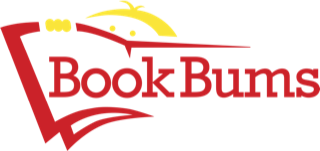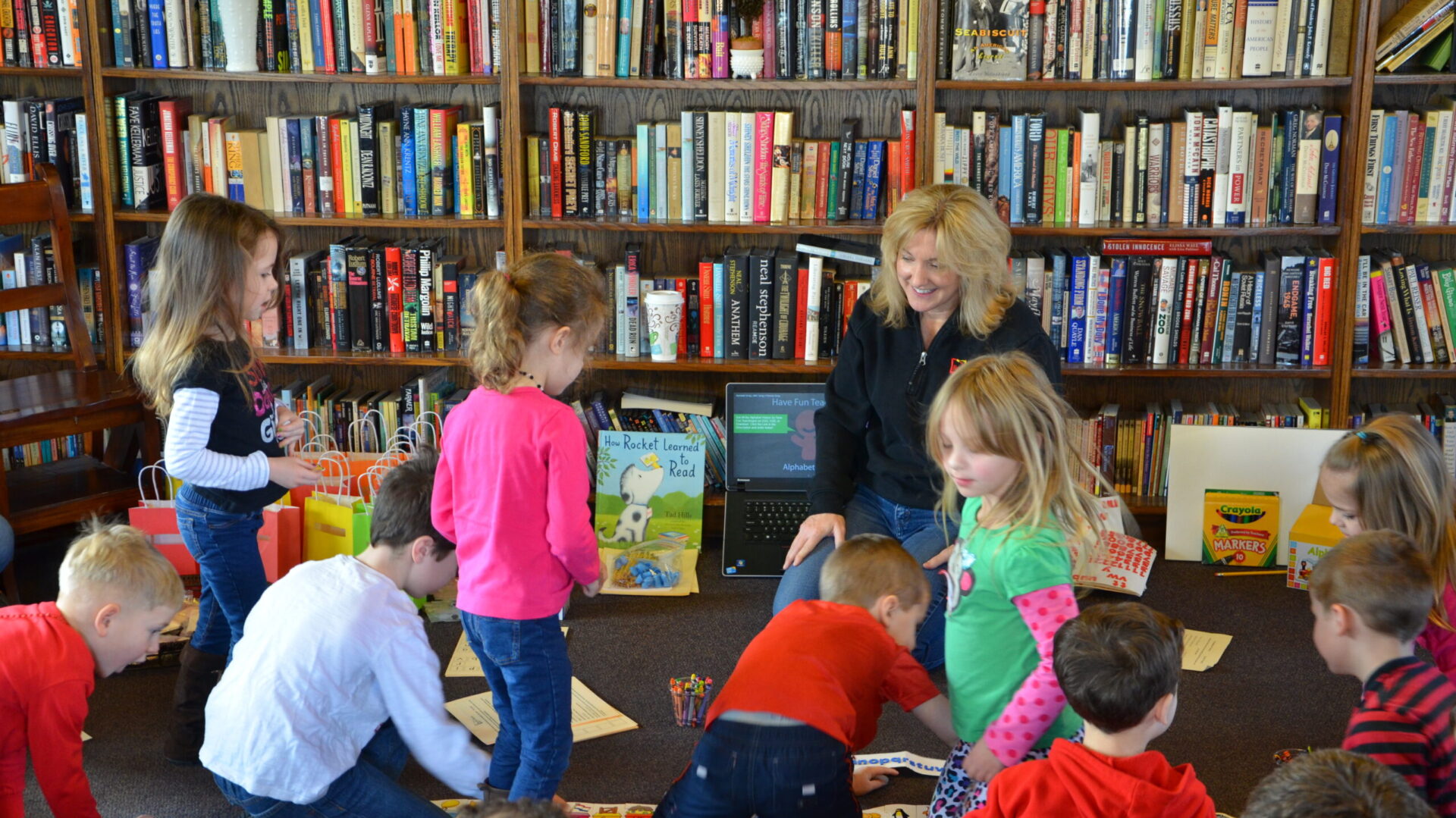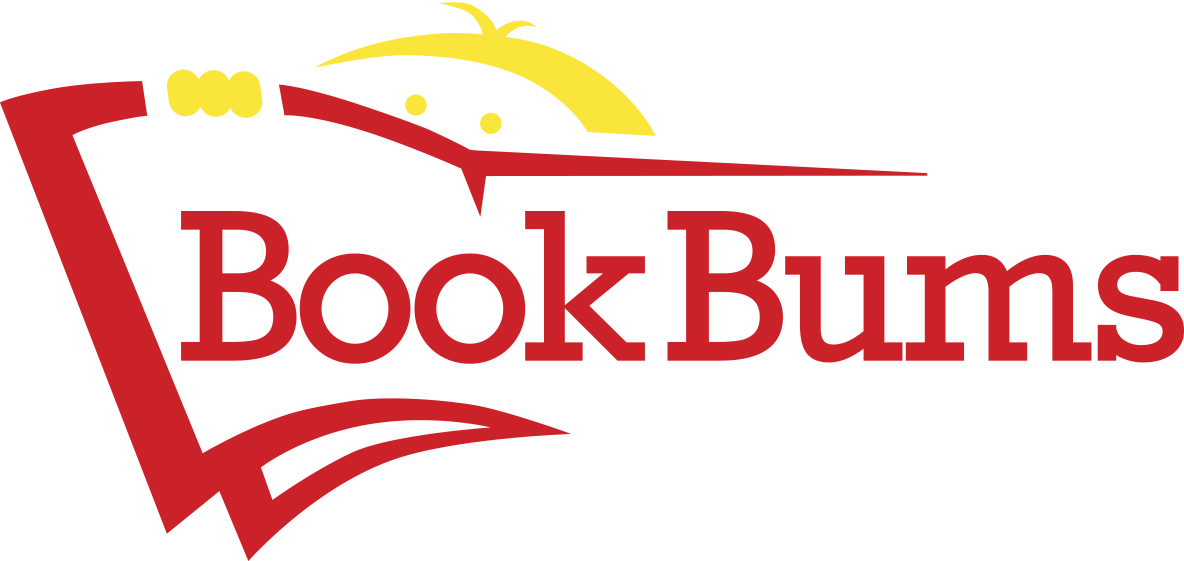
Hello Book Bums families!
One of the best parts of a new school year is meeting new students and discovering all the talents and interests they bring to the classroom. Our young people are worth celebrating, and this week in the newsletter we have some ideas to do just that. We're also diving into words with tools for spelling and vocabulary.
We love to hear from you! You can respond to this email with questions or ideas for what you'd like to see in upcoming newsletters.
"Those who don't believe in magic will never find it."
-Roald Dahl
Bookbums.com is an Amazon Associate; We earn from qualifying purchases. This means that if you click on a link to Amazon.com and make a purchase, We may earn a small commission at no extra cost to you. We do recommend the products. Feel free to find them by other means.
Word of the Week
homophone (hom-o-fohn) noun/person, place, or thing - words that sound the same but have different meanings
New and knew are tricky homophones because of the silent k.
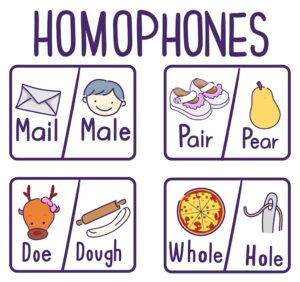
Literary Calendar
• September 13th is the birthday of Welsh author Roald Dahl.
• Dahl created fantastic and memorable stories such as The BFG, Charlie and the Chocolate Factory, and Matilda.
• You can also read the non-fiction tales of his own life in books like Boy and Going Solo.
• These are great read-aloud books to share with kids of any age.
From our Bookshelves
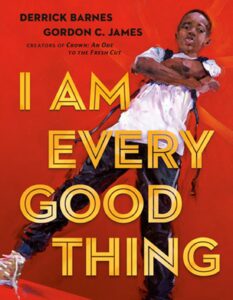
Today we are recommending I Am Every Good Thing by Derrick Barnes. This is a beautiful book that speaks greatness into boys in particular, and we love it! If you have a boy in your life who’s . . .
“ good to the core, like the center of a cinnamon roll. Yeah, that good.”
then this book is worthy of a place on your bookshelf or at least a regular check out from the library. It’s a must-read for every classroom teacher. We especially enjoy the line that says . . .
“I am a gentleman and a scholar. I am kind and polite, like, “yes, ma’am,” and “yes, sir,” helping my grandmother cross the street and saying “bless you” when a stranger has to sneeze.”
Jacqueline Woodson said of this book,
“Powerful, timely, and beautifully rendered. A book I want to read to every child I know. And the ones I don’t.”
That’s precisely how we feel. It is a joy-filled book that empowers young men to step into this world knowing that they are, indeed, every good thing.
Tips for Readers and Writers
Because the book I Am Every Good Thing is such a beautiful message, we thought it might inspire you to make a great gift for your son or anyone who adores your son. We were thinking Christmas, but you could do this for any special occasion— or just because!
On the first page of the book it says, “I am a nonstop ball of energy. Powerful and full of light. I am a go-getter. A difference maker. A leader.”
What if you used one of those companies that makes calendars and/or books with your photographs and you added the text from the book to make a book about your son?
On that first page you could add a photo of him playing his favorite sport or doing something else that shows him being a go-getter, a difference maker, or a leader.
If we understand it correctly, when you purchase one copy of I Am Every Good Thing, you are permitted to use/copy the text one time for personal use. You wouldn’t have to use the entire text, and you could certainly make adjustments to better reflect your child’s particular interests.
I would love to hear a young man reading about himself saying, “I am Saturday mornings in the summertime. I am two bounces and a front flip off the diving board. I am hilarious. I am the life of the party. I am that smile forming on your face right now,” and “I am a brother, a son, a nephew, a favorite cousin, a grandson. I am a friend. I am real.”
Somewhere on the book you make, you’ll want to add, “Inspired by I am Every Good Thing by Derrick Barnes,” to give credit to the author.
If you do this, we want to see a copy, please!
Tips for Families
Have you received a list of sight words that your kids are supposed to memorize this school year? We know that it can be a little crazy trying to explain the spellings of some words, and we feel all the feels with the hilarious momma in this video! Trust us. You need to watch her explanations!
If you need help explaining some spellings to your kids, just email Dr. Christy and she’ll share what she knows that might be helpful. Truly, we are STILL learning, every day, more and more about words and how they work. In short, our writing system is phonological in nature (sounds/symbols, phonetic), however it is also morphological. The primary implication for teaching kids how words work is acknowledging that some spellings lean into words’ meanings over the sounds, and that can make some words really confusing to read and spell.
And don’t lose heart! Somehow, some way . . . your kids will learn those crazy spellings. (If they’re truly struggling, just email us at Book Bums. We can help.)
Speaking of words, take a guess. How many words are there in the English language?
a) 6,000
b) 60,000
c) 600,000
d) 6,000,000
According to the Oxford English Dictionary, there are over 600,000 words (but nothing close to six million). Of these words, a high school graduate knows between 25,000 and 50,000. College graduates know about 75,000 words. That may not sound like a lot of words compared to the total number, but that’s quite a rich vocabulary! It's especially true when we consider that the average person lives about 27,375 days.
Practical Grammar
Today, I was sharing with a friend and colleague about a student who displays minimal affect /af-ekt/ during our lessons. When I made this statement, I was sharing that the student didn’t express emotion and that it can be difficult to engage with students who are not responsive in any way.
My friend said, “Tell me the meaning of the word affect that you just used.” Then, she suggested that I add the information I shared with her to this newsletter. So, here we go!
We’ve discussed, earlier, the meanings of affect and effect. Remember? Affect is usually a verb (action word) but it can also be used as a noun (person, place, or thing). Effect is usually a noun, but it can be used as a verb.
Here are some sentences that might be helpful:
The effects of direct phonics instruction on student learning cannot be overstated. (noun, most common usage)
We strive to effect change in the way students are taught to read. (verb, used less often)
I was negatively affected by learning to read with the “Look-Say” method that promoted whole word learning. (verb, most common usage)
The student’s affect did not change— even when he learned that he earned a top score. (noun, used rarely)
It should be noted that the pronunciation of affect /uh-fekt/, when used as a verb sounds just like effect. Both the initial a in affect and the initial e in effect are pronounced with the schwa sound, which is the short u sound as in up. In both words, the second syllable is the accented syllable.
The word affect, when used as a noun, is pronounced differently. When I was speaking to my friend, I pronounced the word like this /af-ekt/. The accent is on the first syllable.
Though some children are clearly afraid of spooky houses when trick-or-treating on Halloween, my son’s affect /af-ekt/ does not change, no matter how silly or spooky the costumes are.
Wordology Workshop
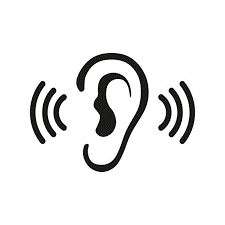
- The Greek root phon means sound.
- You can find it in our Word of the Week, homophone, and in a few other words used in this week's newsletter. We challenge you to read closely and spot the phon words.
Read Free Kindle books with the Kindle app!
If you know someone who would benefit from our newsletter or tutoring at Book Bums, please share this email with them! Thank you.
Copyright © 2024 Book Bums, All rights reserved
Our mailing address is:
7967 Cincinnati-Dayton Road Suite L
West Chester, OH 45069
